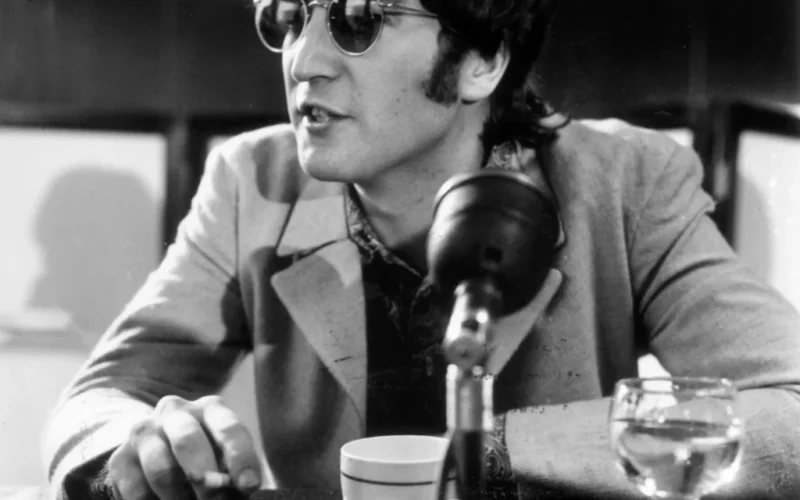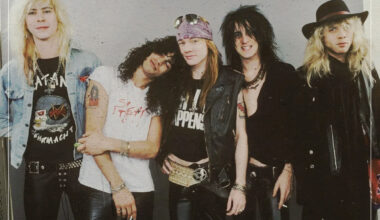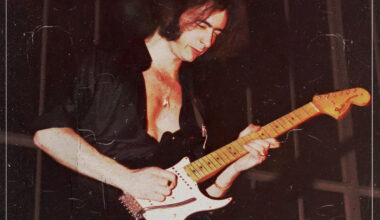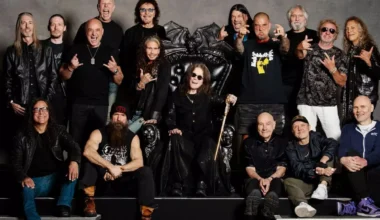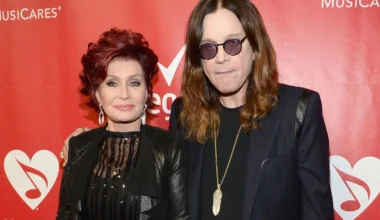In 1973, American folk singer Phil Ochs found himself increasingly marginalized for his political activism and protest songs. While the public eye focused on mainstream artists, Ochs—once celebrated for his sharp critiques of war and inequality—was slowly being pushed out of venues and media spaces. Few mainstream figures stepped in. But John Lennon did.
Though not close friends, Lennon respected Ochs’ uncompromising voice. When he learned that a planned performance by Ochs was being blocked by organizers due to “security concerns” and “potential disruption,” Lennon sent a private letter to the venue’s board and used his influence with local promoters to advocate for Ochs’ right to perform.
The letter, later confirmed by Ochs’ sister and biographer, did not beg or threaten—it simply stated: “Artists must be allowed to speak. Whether or not you agree with them is beside the point.” It was a quiet but powerful intervention. The event went ahead, and while it wasn’t widely covered, Ochs later said it restored a bit of his faith in the artist community.
For fans, this story reaffirms Lennon’s legacy not just as a voice for peace, but as someone who supported other voices in danger of being silenced. He didn’t always agree with everyone—but he believed deeply in their right to be heard. In defending Ochs, Lennon showed that solidarity wasn’t a headline—it was an action.
